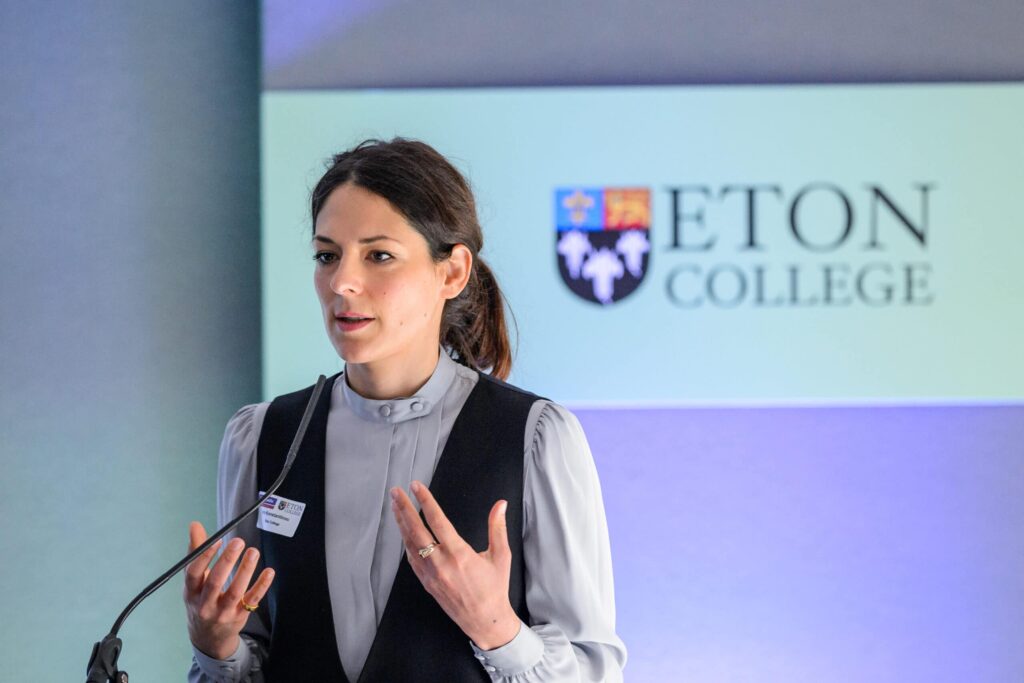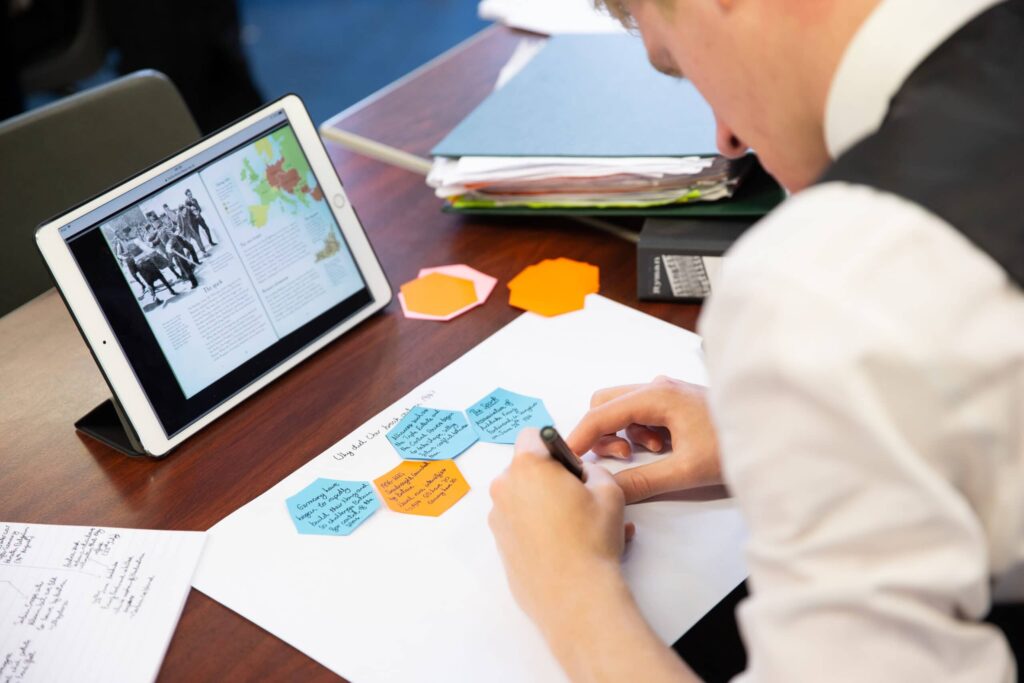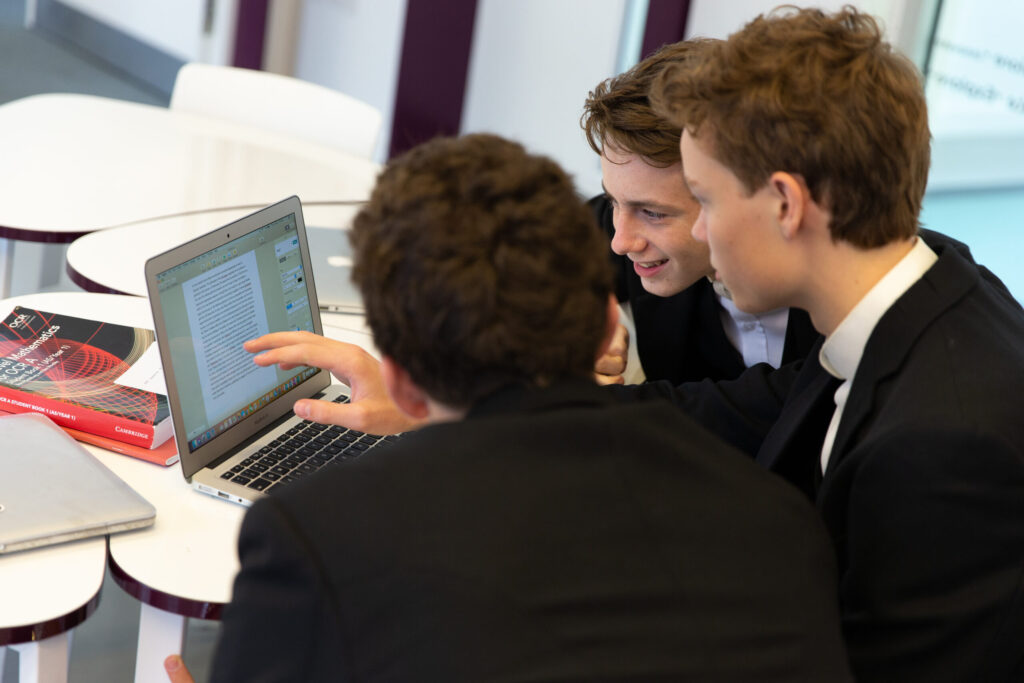It seems to me that if we want schools to be evidence-informed, we will need to ensure that everyone at the school engages with research of some kind. This does not imply that everyone needs to produce primary research, but be able to approach research as something meaningful with practical applications. With this in mind, I believe that not only teachers but also students need to be able to engage with research. This has the potential to help them not only with their university pursuits but also allow them to develop 21st century skills, such as critical thinking. We created, therefore, a module which students could choose as an option in their timetable.
Asking students why they chose this optional ‘subject’, it was obvious that they all had an inquiring mind and wanted to understand what happens ‘behind the scenes’. They read reports and studies but as they mention, some of these studies do not make sense to them. They want the knowledge and discourse to be able to critique the what they read. They also expressed they want the tools to be able to do their own research and learn about research strategy, design and methods.
While researching how I can make the research process more accessible to them I came across the Children’s Research Centre, based at the Open University. Their work is trying to promote the idea that researchers do not always use top down approaches when researching social questions, but are giving voice to children. In this way they empower them and make them active agents, co-constructing knowledge with them. I found the book by Kim, Kerawalla and Sheehy (2017) very useful, although some of the points they make are more relevant to primary school students rather than adolescents. In any case, it is an excellent starting point. There are more tools out there which promote the idea of having students as researchers, prior to their university studies.
Perhaps the enthusiasm the students have showcased is because they have only just embarked on the new venture of conducting research, but hopefully the research process will remain enjoyable and will sustain their interest until the completion of their projects.
Kim, C-Y., Kerawalla, L. & Sheehy, K. (2017) Developing children as researchers: A practical guide to helping children conduct research. David Fulton Books.




